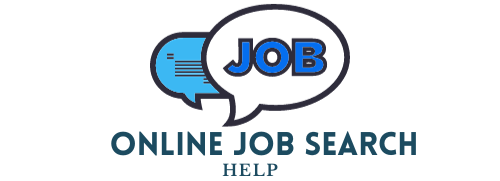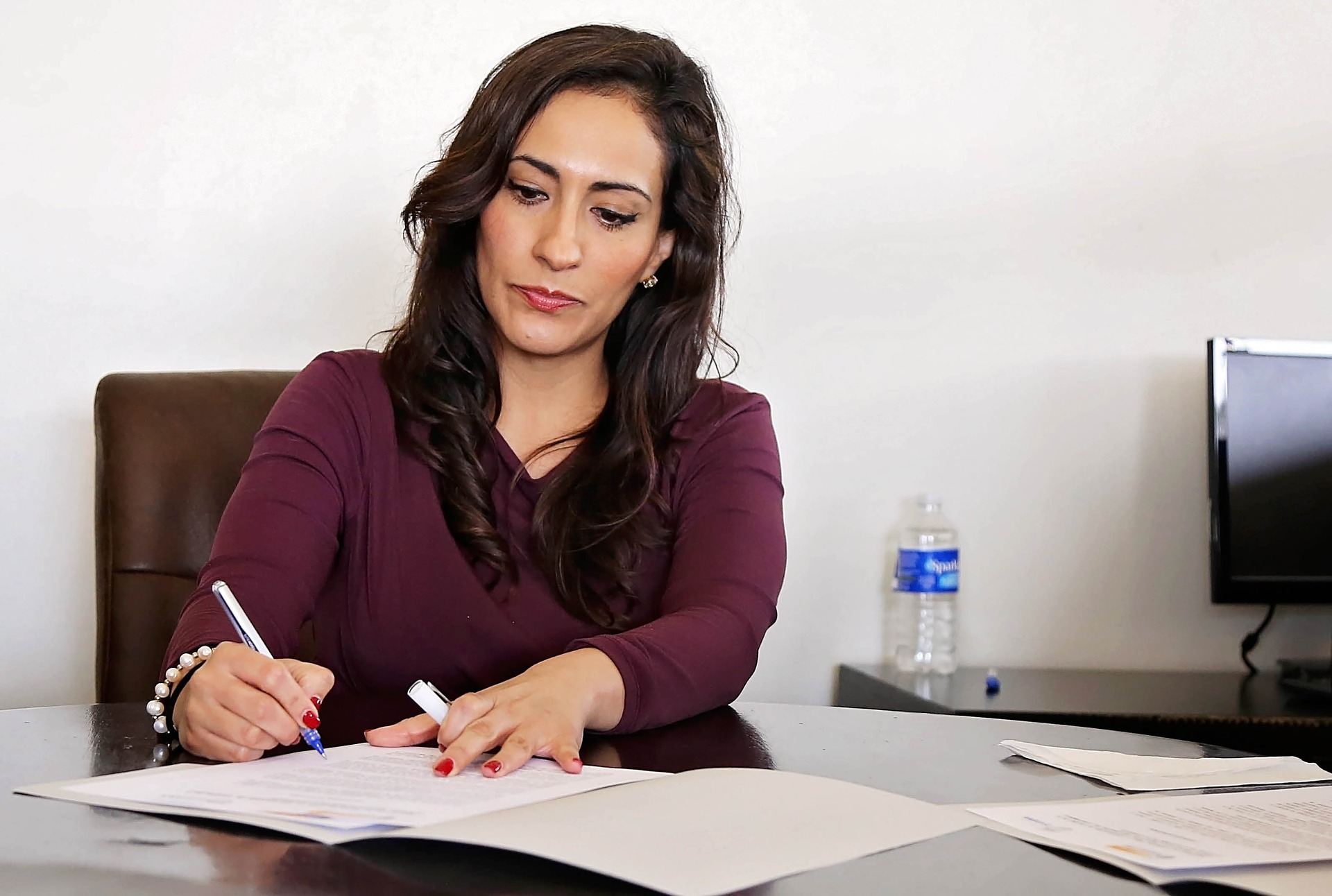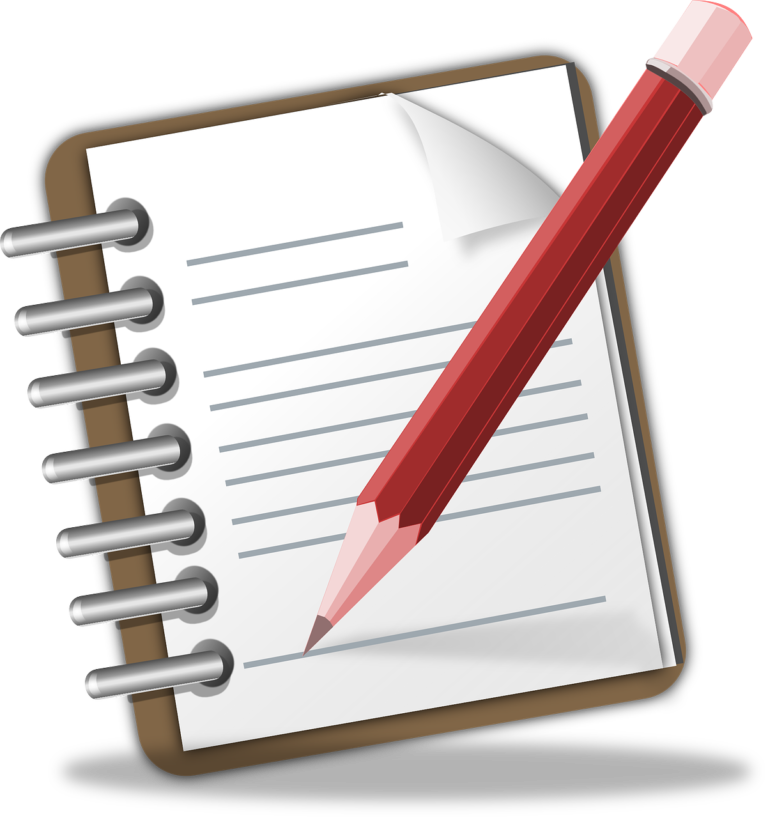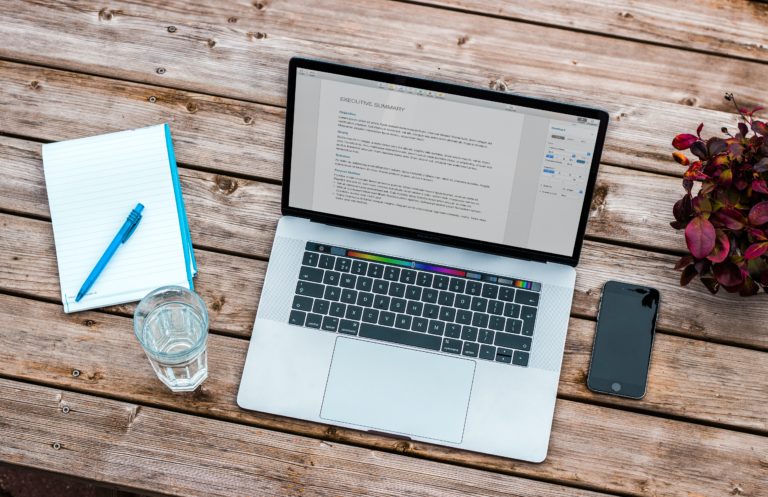Acing The Interview For A Job: A Guide
Are you looking for a job? If so, you know that is one of the most important steps in the interview. You may be wondering if acing the interview and getting the job offer is easy.
This guide will help you do just that. It covers everything from preparing for the interview to what to say and do during the interview, as well as what to do after the interview.
Preparation is key when it comes to acing the interview. You should start by doing your research on the company and the position you are interviewing for. Review the job description carefully and make a list of questions you have about the role.
Next, practice answering common interview questions. You can do this by yourself or with a friend. Be sure to practice your body language and interviewing skills as well.
On the day of the interview, make sure you have dressed appropriately and arrived on time. During the interview, be respectful and positive. Answer questions honestly and concisely. Avoid rambling or speaking negatively about past employers.
Dress for success and make sure your outfit is neat and professional. Arrive on time and be prepared to answer questions about why you are interested in the position and why you are the best candidate for the job.
During the interview, make sure you are respectful and positive. Answer questions honestly and concisely. Avoid rambling or speaking negatively about past employers.
If you don’t get the job offer after the interview, don’t despair. There may be other opportunities out there for you. Follow up with the interviewer after the interview to thank them for their time. Maintaining a positive relationship with the interviewer could help you land a job in the future.
Acing the interview can be easy if you prepare ahead of time and stay positive. By following these tips, you can improve your chances of getting a job offer.
Table of Contents
Things To Remember
- Don’t be late. Allow 10–15 minutes extra for travel time.
- Bring the supplies you prepared for the interview the night before.
- All staff employees should be treated with respect and courtesy. When it comes to making a hiring decision, you never know who will have an opinion.
- Shut down all mobile devices.
- Scents and jewelry that could be considered distracting by the employer should be avoided.
- Make sure you don’t smoke while you’re getting ready for an interview.
- Before your interview, throw away any gum or breath mints you might have.
- Smiling and being upbeat is key!

Body Language To Observe
All of your body language has an impact on the interviewer’s perception of your personality. Here are some examples of appropriate body language and behavior for the American job market:
EYES
You should maintain eye contact with your interviewer and other people in the room during the interview. You won’t be able to connect with other interviewees if you only focus on one individual.
POSTURE
The way you stand can either exude self-assurance or a sense of insecurity. Straighten your back and shoulders to convey that you are at ease and self-assured.
LANGUAGE
Speak clearly and concisely. Filler words like “uh” and “like” should not be used between sentences or phrases. Attempt to keep your thoughts to a manageable length. Let go of the reins once you’ve made your point! Silence can be tolerated.
HANDS
Avoid using your hands to fidget. In moderation, use your hands to express yourself.
How to Calm Yourself Before An Interview
It’s normal to feel some anxiety before an interview, but there are a few things you can do to calm yourself down.
• Make a list of your accomplishments and review it before the interview. This will help to boost your confidence.
• Try to relax by taking some deep breaths or by stretching.
• Visualize yourself successfully completing the interview and landing the job.
Following these tips will help you to feel more confident and prepared for your interview. Remember to stay positive and focused, and you’ll be sure to make a great impression on the interviewer!
What To Do During An Interview
- Pay close attention to what the interviewer has to say.
- Don’t be afraid to respond to the interviewer’s questions.
- Consider the company’s needs while defining your abilities, successes, and goals.
- When possible, use the STAR method to provide specific examples (Situation, Task, Application, result).
- Make the most of what you’ve learned and done so far. Do not apologize for any perceived lack of experience or background in your field.
- To gain a feel of the company’s culture, observe the employees and the office environment.
- To send a thank you note after the interview, make sure you have the interviewer’s business card on hand.

What To Do After An Interview
Thank The Interviewer
Within 24 hours after the interview, thank the interviewer for their time. If you haven’t heard from the company in a reasonable amount of time, follow up politely but firmly, and just once.
Analyze How Well You’ve Done
Did any of the questions you were asked leave you stumped? Now is the time to hone your interviewing skills and prepare for the next one.
Things To Do If You Receive A Job Offer
Negotiate
Candidates who are offered a job should always negotiate their salary. You don’t want to start your new job with less money than you deserve.
Verify The Offer
Before accepting any job offer, it’s important to verify the terms of the offer with the employer. Make sure that the offer letter includes the salary, start date, and other important details.
Confirm The Start Date
Once you’ve accepted a job offer, make sure to confirm the start date with the employer. This will help ensure that there are no misunderstandings about when you’re supposed to start work.
Get Paid On Time
Make sure that you understand the company’s payroll policies and how you will be paid. You don’t want to spend your first few weeks or months at a new job scrambling to get your paycheck on time.
Conclusion
If you want to ace your next job interview, make sure to follow the tips we’ve provided. Stay calm and focused, listen carefully to what the interviewer has to say, and be prepared to answer any questions they may ask. Remember that it’s important to negotiate your salary before accepting a job offer, and always confirm the start date with the employer. Good luck!






